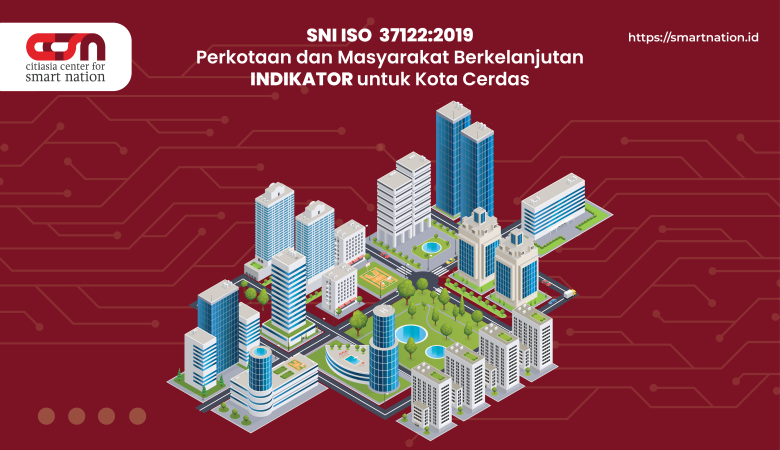
Whether you’re a sports field athlete or a jungle celebrity, nothing gets our attention more than a single award-winning drama. And when it comes to the evolution of artificial intelligence (AI), some of the most fascinating moments are offered in stunning finishes.
In 1997, International Business Machine (IBM) chess computer Deep Blue played against Grandmaster and World Champion Garry Kasparov after losing the previous year. But this time the AI won. Next in 2016 was the popular Chinese game Go. Also, when Google’s AI won, it came back to life all at once. These contests elegantly showcase the uniqueness of AI. In other words, you can program to do things you can’t do, such as defeating a world champion.
But what if that framework obscures something important? Aren’t humans and artificial intelligence the same thing? AI can quickly process large amounts of data and train them to perform specific tasks. Human intelligence is much more creative and adaptable. Look around your workplace. You may rely more on software than your colleagues to keep your team up-to-date and perform basic administrative tasks. Maybe you use a personal assistant (Hey, Alexa) to organize your life. Or have you successfully migrated all your recurring tasks to your chatbot?
There is no doubt that artificial intelligence will make our lives easier, but it also raises some concerns about the future of the workplace. Listening to the hype, robots are a few milliseconds away from stealing our work and turning humanity into robot slaves.

Today, a simple example of how humans and machines work together can be found in modern automobile safety devices. Lane departure warning technology uses a camera to monitor lane markings and adjust steering if the vehicle appears to be out of the lane.
However, if it detects that the driver is actively steering, it will not be able to maintain control by humans (and AI will continue to assist in the new lane). Computer strengths, such as infinite concentration, are combined with human strengths, such as knowledge to react to unpredictable events.
A similar approach may be applied to many other difficult problems. Cybersecurity settings allow humans and computers to work together to identify which of the many cybercrime threats is most urgent. Similarly, biodiversity research can use collaborative intelligence to understand large numbers of specimens in biological collections.

Siemens UK CEO Juergen Maier, who has long been at the forefront of robotics, recently led a review of artificial intelligence within the UK; the risks, opportunities, and possible impact on the economy. Robots do better than harm. The reasons are as follows:
1. Robots are the basis for solving British economic problems.
“The balance of payments problem is huge in the UK,” says Jurgen. In other words, we import much more than we export. Second, he states: “There is a big problem with the balance of payments. How much money the country is making and how much money it is spending. Both are very negative.”
Jurgen is the only way to fix this. Believes that it is to create an economy that manufactures and exports more. “As a country, we have failed. That doesn’t mean we don’t do good things-we just don’t do them enough.
2. Robots could be the answer to UK productivity slumps and low wages
Despite the highest employment rates since 1975, UK wages are below inflation. Jürgen says it’s due to technological advances, the rise of the gig economy, and low productivity. But he believes that robots can have a positive impact on the workforce. As an example, he mentions the Industrial Revolution of the past. From steam power to mechanization, they were all powered by technology.
The reason for believing that this next revolution will be different, that all revolutions have led to increased production and increased employment. Not at all. If the next digital revolution is done right, it will not only increase productivity. But that means we’re driving the job in the value chain.
3. You will be able to process large amounts of data quickly.
The potential for large-scale data analysis is enormous. Imagine being able to read all health records around the world at the same time and gain insights from them. Or be able to predict what the customer will do before the customer does. Artificial intelligence will be able to do this job better than any of us. Currently, people spend a lot of time reading reports and looking at data, while AI can collect the data carefully and fastly.
4. Free us from labor-intensive and repetitive work
Jurgen firmly believes that the age of robots will free people from repetitive tasks and create a higher-tech industry. As an example, he cites one of his customers, BAE. With the help of robots, BAE currently employs 14 people to improve performance.
“Yes, we’re two less, but we were able to retrain the 14 people who were piercing to become operators,” he says. This is the key to successful digitization, to ensure that those who have previously done these repetitive tasks can be retrained. The sooner you think about how robots can help us, rather than replace us, the better.
Author: Diva Maharani | Illustrator: Akbar Nugroho









Leave a Reply